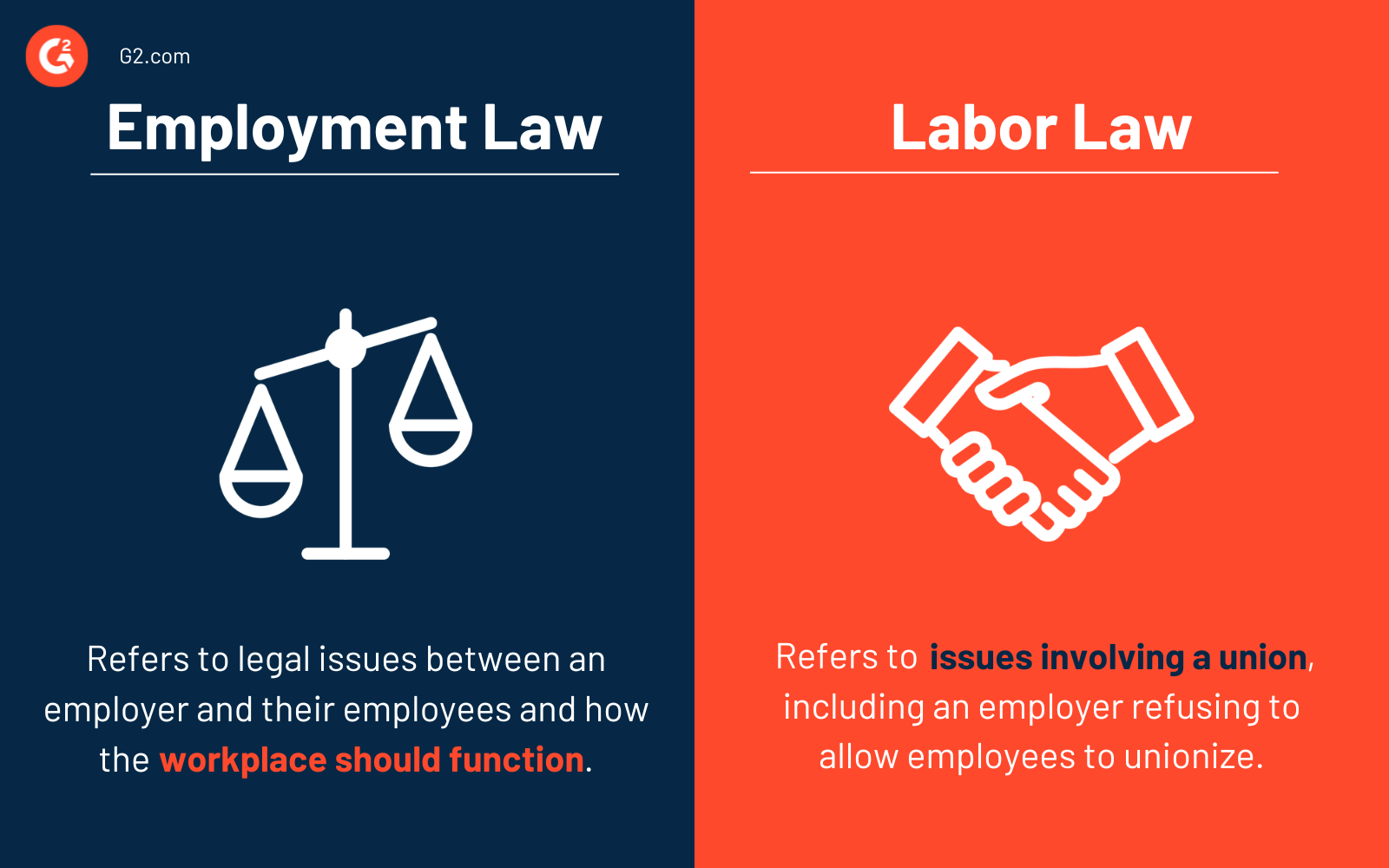
Decoding Employment Discrimination Laws
In the complex terrain of employment, the understanding and application of discrimination laws play a pivotal role. These laws form the bedrock of ensuring fair treatment and equal opportunities for individuals in the workplace.
The Legal Framework
Employment discrimination laws, such as the Civil Rights Act of 1964 in the United States, provide the legal framework for addressing discriminatory practices. These laws prohibit discrimination based on factors such as race, color, religion, sex, or national origin, fostering an environment of inclusivity.
Protected Classes
Understanding the concept of protected classes is key to navigating employment discrimination laws. These classes encompass characteristics or traits for which discrimination is strictly prohibited. Individuals falling under these classes are legally safeguarded against unfair treatment in employment decisions.
Types of Discrimination
Employment discrimination can manifest in various forms, including disparate treatment, disparate impact, harassment, and retaliation. Recognizing these types of discrimination is essential for both employers and employees in addressing and preventing such practices.
The Role of Employers
Employers play a pivotal role in upholding employment discrimination laws. They are responsible for implementing policies that promote equal opportunities, preventing discriminatory practices, and responding promptly to complaints. Creating a workplace culture that values diversity is fundamental in complying with these laws.
Discrimination Claims Process
Individuals who believe they have experienced discrimination in the workplace can pursue a discrimination claim. This process involves filing a complaint with the appropriate agency, such as the Equal Employment Opportunity Commission (EEOC) in the U.S. This initiates an investigation to determine the validity of the claim.
Legal Protections for Employees
Employees are legally protected against retaliation for filing discrimination claims. Employment discrimination laws ensure that individuals can exercise their rights without fear of reprisal. This protection is crucial in fostering an environment where employees feel empowered to speak out against discrimination.
Preventative Measures
Employers can take proactive measures to prevent discrimination by implementing anti-discrimination policies, conducting regular training sessions, and promoting diversity and inclusion. These preventative measures not only ensure legal compliance but also contribute to a positive and inclusive work environment.
The Evolving Landscape
As society evolves, so do employment discrimination laws. Amendments and updates to existing laws reflect the changing dynamics of the workforce. Staying informed about these changes is vital for both employers and employees to adapt and maintain compliance.
Expert Guidance at JossLawLegal
For those seeking expert guidance on navigating the intricacies of employment discrimination laws, JossLawLegal stands as a reliable resource. Their expertise in employment law ensures that individuals and employers alike can access the necessary support to understand, implement, and comply with discrimination laws.
Moving Towards Equality
In the quest for a workplace free from discrimination, understanding and adhering to employment discrimination laws are paramount. These laws not only protect individuals from unfair treatment but also contribute to fostering a work environment where diversity is embraced, and equal opportunities abound.



